The implementation of the law on customs duties is crucial for advancing high-level international openness, and fostering a market-driven and globally oriented business environment in China, said the country's top legislature.
Chinese lawmakers on Friday voted to adopt a law on customs duties to promote high-level opening-up.
The law, which was passed at a session of the Standing Committee of the National People's Congress, the national legislature, will take effect on Dec 1. It maintains the basic stability of the existing tariff system, with the overall tax burden remaining unchanged.
Customs duties are taxes levied by customs on goods and items entering or leaving a country at the import and export stages, according to the General Administration of Customs.
The collection of customs duties is related to national sovereignty and interests, serving as a significant source of fiscal revenue and an important tool for implementing macroeconomic control and trade and industrial policies, said the GAC.
In response to media queries, the NPC Standing Committee's Legislative Affairs Commission said that this law can effectively respond to changes in domestic and international situations. It is necessary to improve the tariff system while enhancing its role as a regulator of domestic and international dual circulations, and to enrich legal response measures.
As the reform to facilitate customs clearance continues to deepen and align with international high-standard economic and trade rules, it is imperative to elevate mature experiences and practices in tariff collection management to the level of legal systems, said the commission in a statement.
Chinese customs authorities saw their tax revenue amount to 2.21 trillion yuan ($305 billion) in 2023, statistics from the GAC showed.
The statement released by the NPC Standing Committee's Legislative Affairs Commission said this law is able to coordinate development and security, enriching tariff response measures.
While maintaining existing tariff measures such as anti-dumping, countervailing and safeguard measures, and imposing retaliatory tariffs, additional provisions will be made, said the commission.
These provisions allow for reciprocal measures against countries and regions that fail to fulfill their obligations under the most-favored-nation treatment or tariff preference clauses of international treaties or agreements to which China is a signatory or participant, according to the statement.
Eager to further open up its economy and promote international trade cooperation, China implemented provisional import tariff rates lower than the most-favored-nation rates on 1,010 items on Jan 1, according to information released by the Customs Tariff Commission of the State Council.









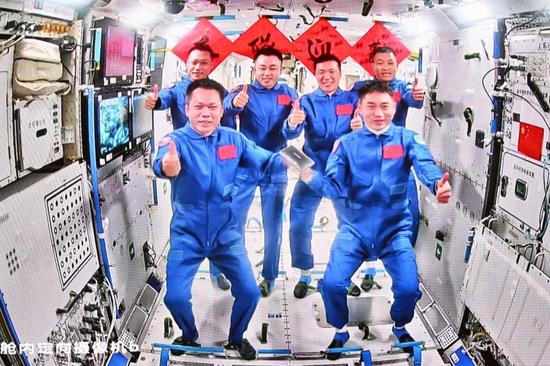
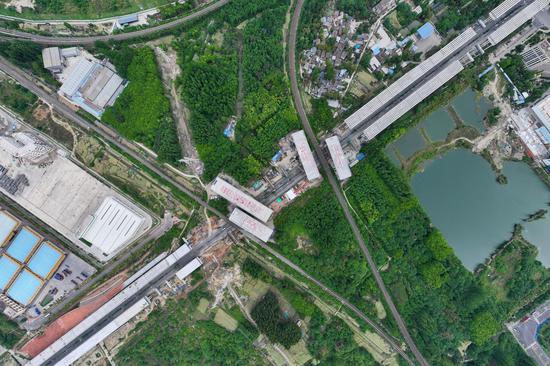

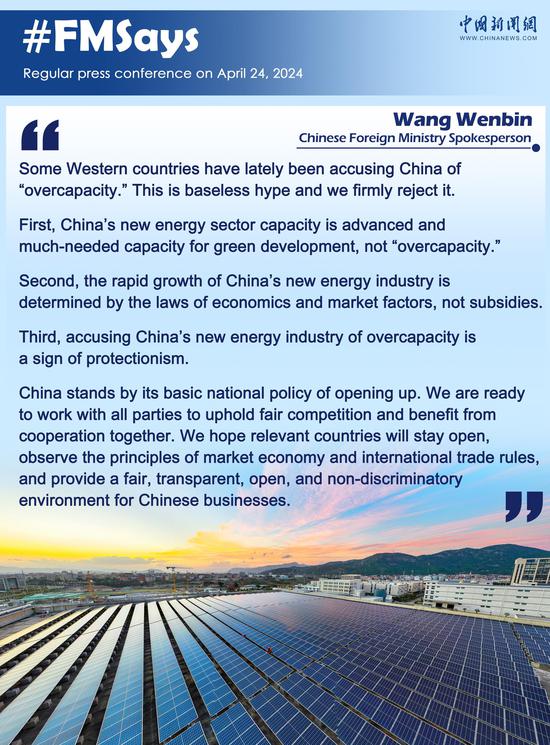
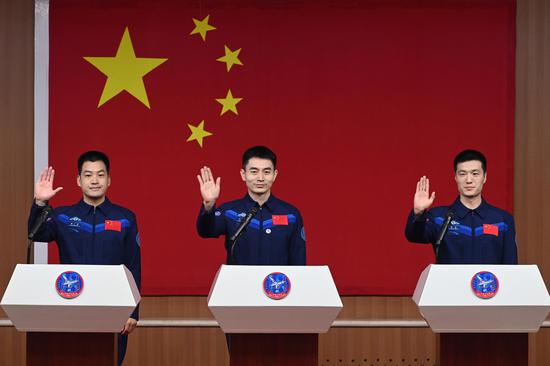
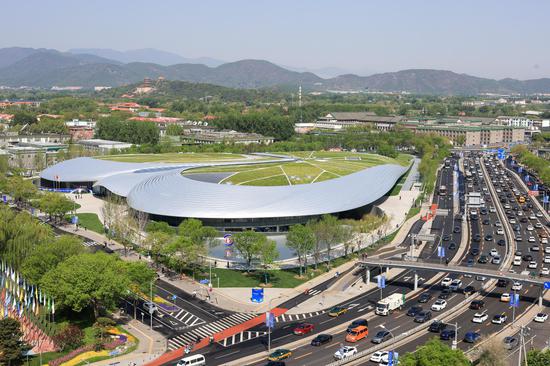

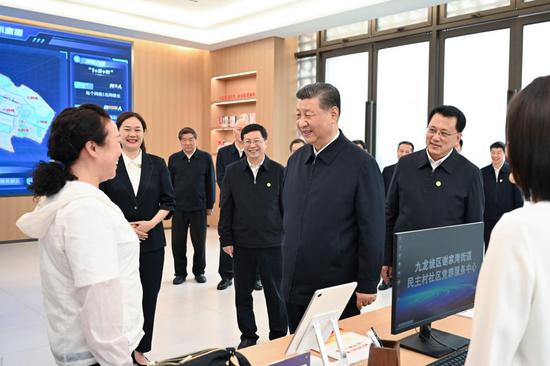










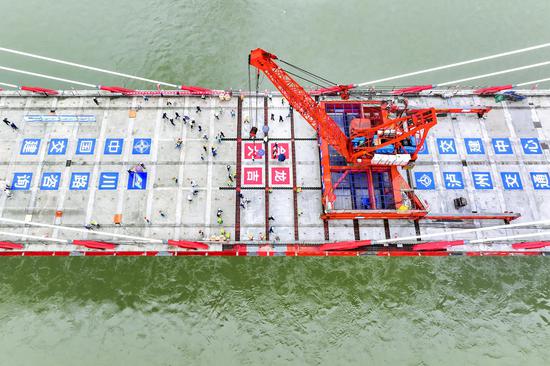

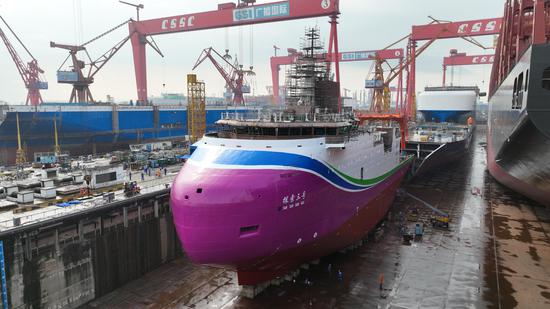


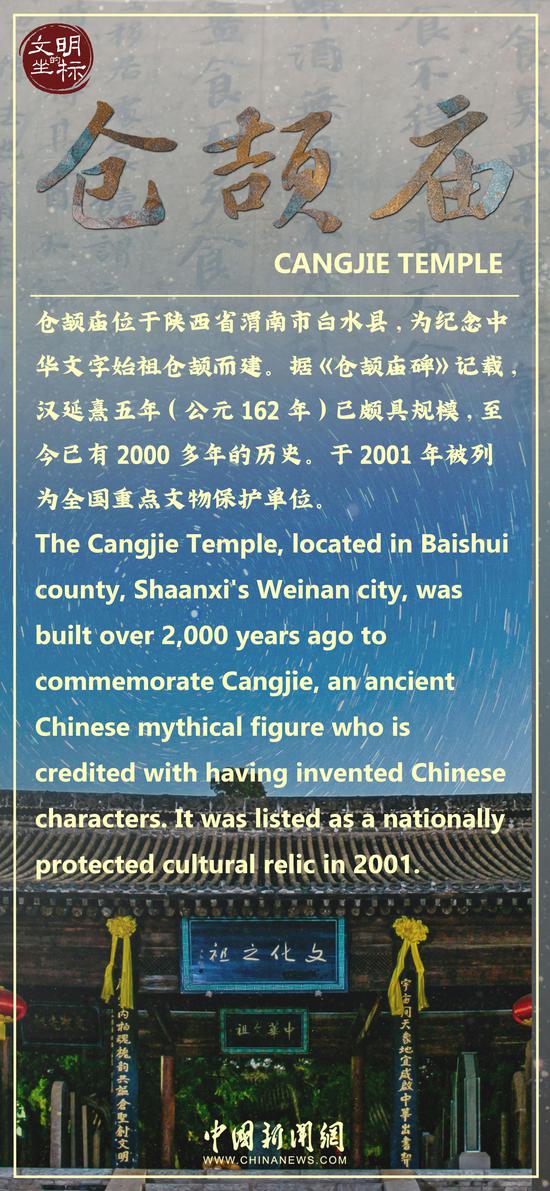

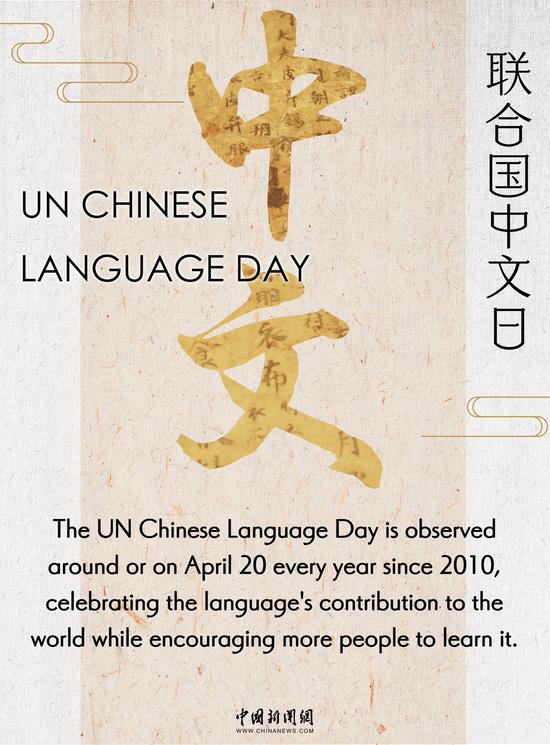
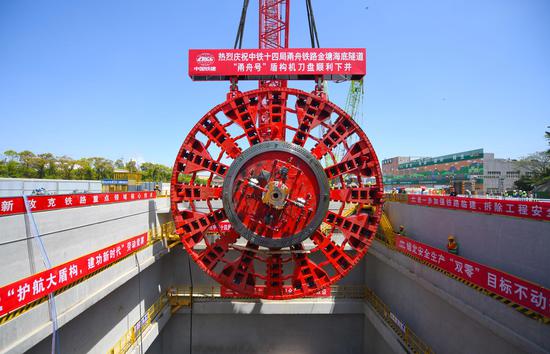
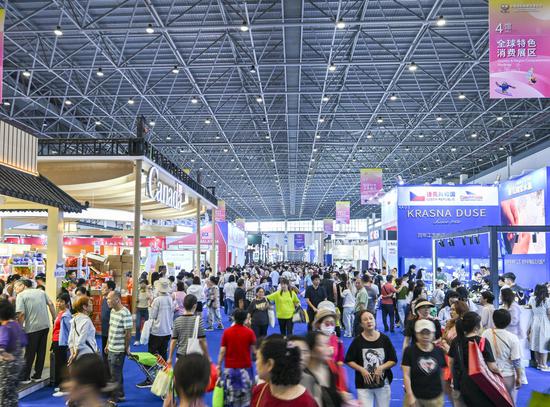
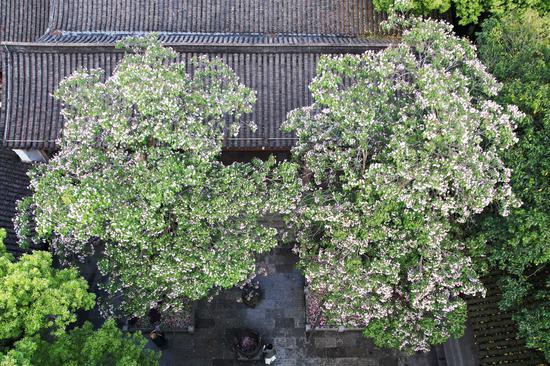
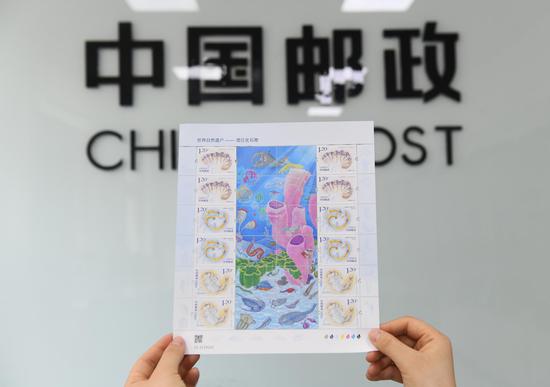
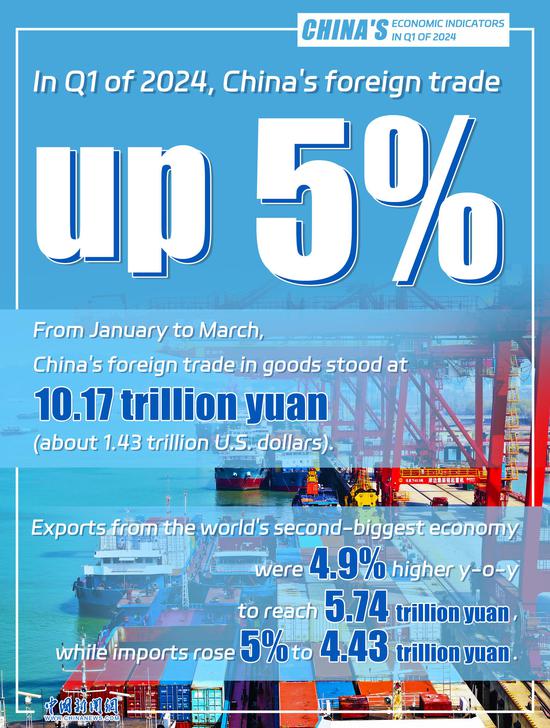




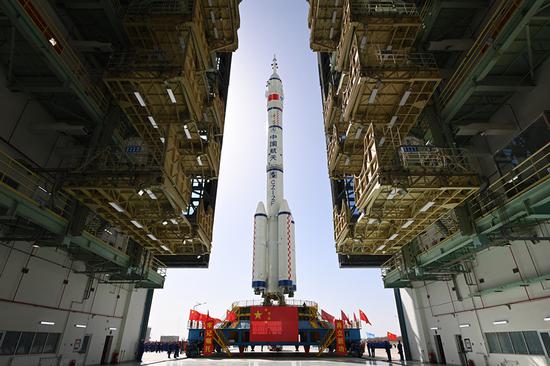

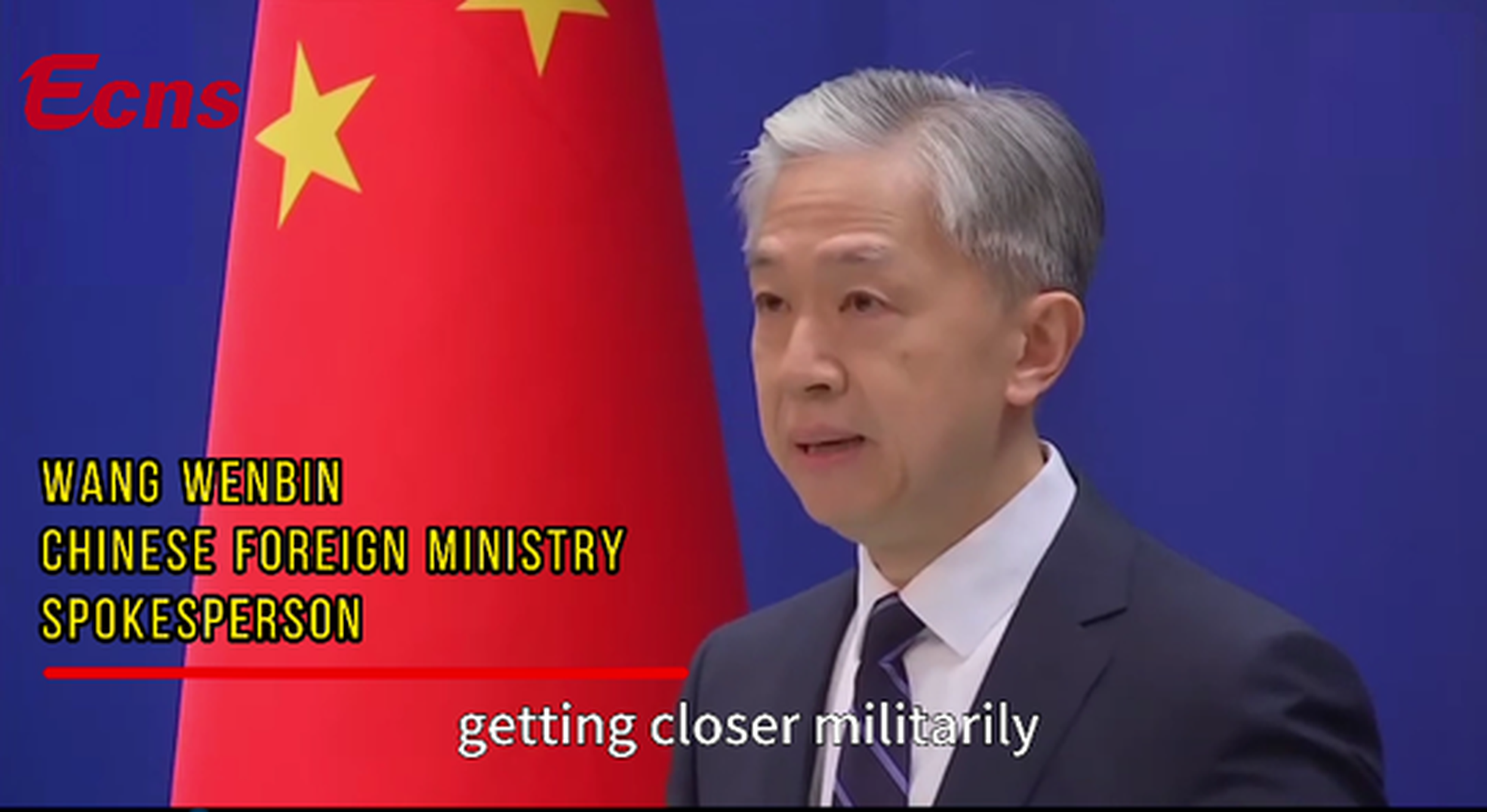



 京公网安备 11010202009201号
京公网安备 11010202009201号